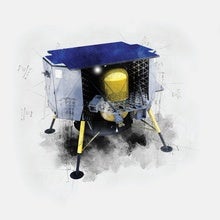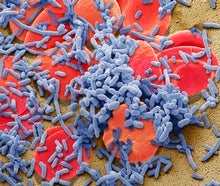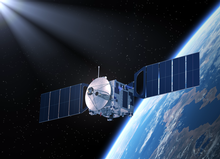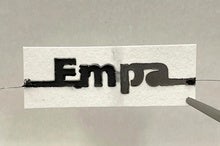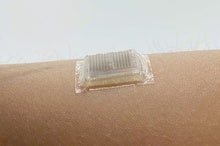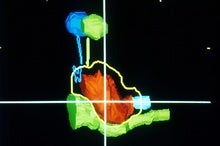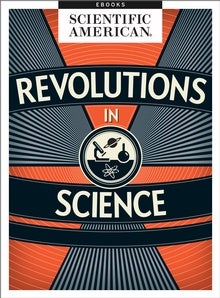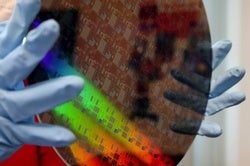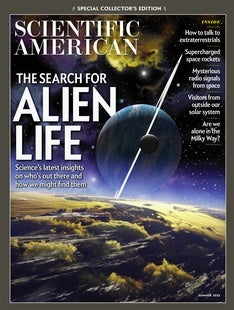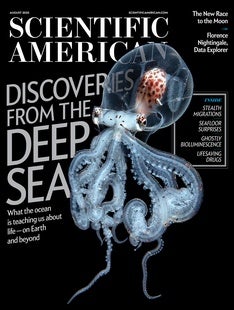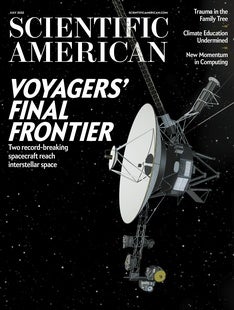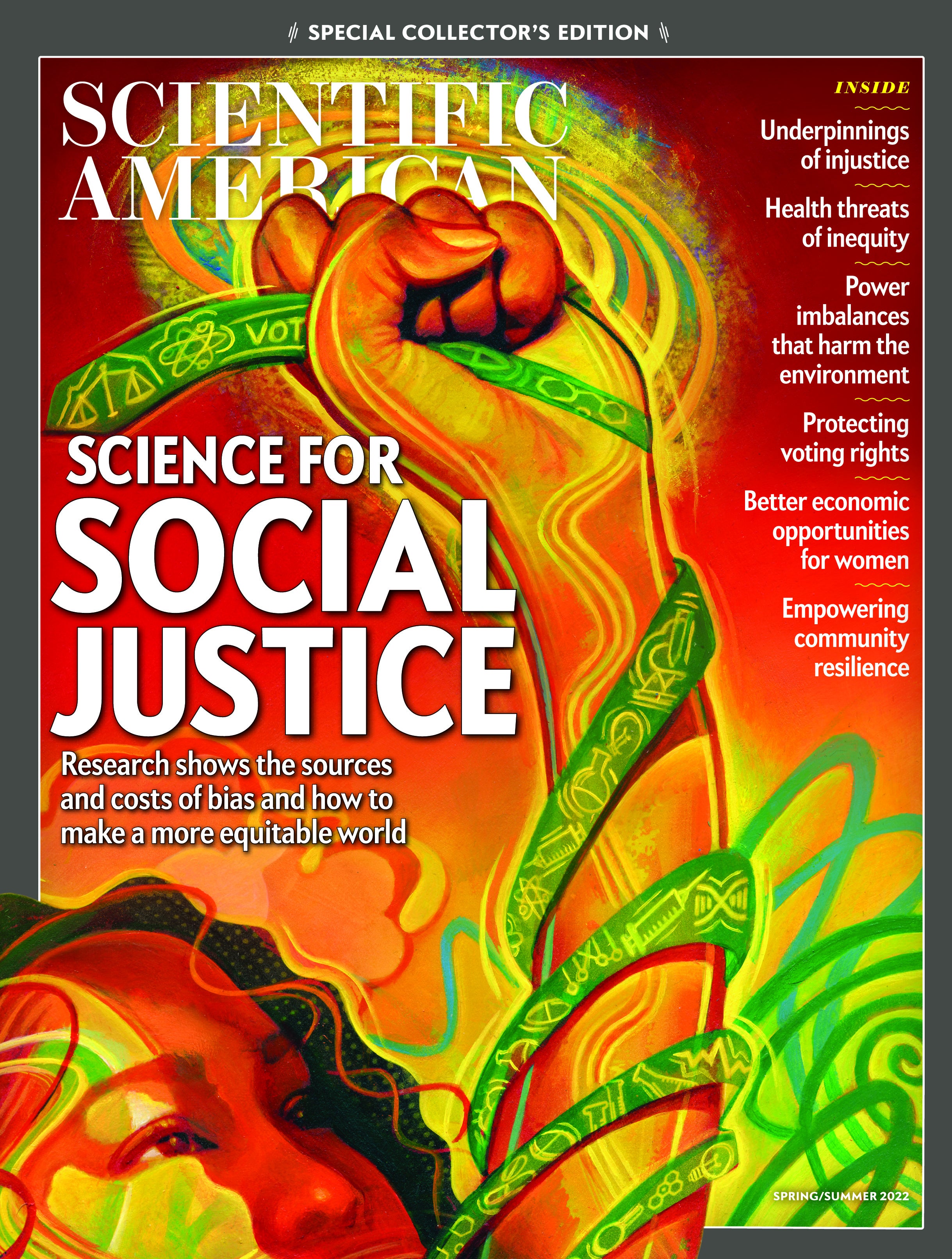 |
| August 09, 2022 |
Dear Reader,
This week, the CHIPS and Science Act of 2022 will be signed into law. The bill puts nearly $53 billion toward semiconductor computer chips, primarily incentives for the vital technology to be manufactured domestically. But it also has provisions for basic research and support for several scientific organizations, including NASA. |
| | Sophie Bushwick, Associate Editor, Technology
| |
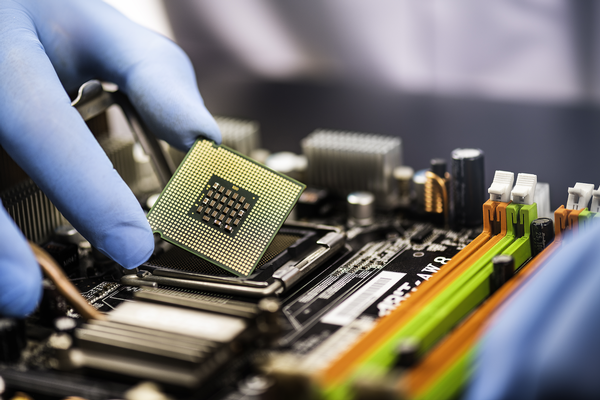 |
| |
| |
| |
| |
| |
| |
| |
| |
| |
| |
FROM THE STORE
 | | Revolutions in Science Normally science proceeds in incremental steps, but sometimes a discovery is so profound that it causes a paradigm shift. This eBook is a collection of articles about those kinds of advances, including revolutionary discoveries about the origin of life, theories of learning, formation of the solar system and more. *Editor's Note: Revolutions in Science was originally published as a Collector's Edition. The eBook adaptation contains all of the articles, but some of the artwork has been removed to optimize viewing on mobile devices. |  | | |
| QUOTE OF THE DAY
 "Inside the labyrinth of alleys, hundreds of small establishments are packed with different electronic gadgets, which workers take apart mostly with their bare hands, a hammer, and pliers, hoping to extract precious metals like gold, silver, and tin--or any other useful item. Children move through the nooks and corners of the market with plastic bags on their shoulders, collecting potentially useful scraps among the e-waste leftovers piled in front of doorways." Shoaib Mir and Parthu Venkatesh P, Slate | |
FROM THE ARCHIVE
 | | | |
LATEST ISSUES
 |
| |
| Questions? Comments?  | |
| Download the Scientific American App |
| |
| |




